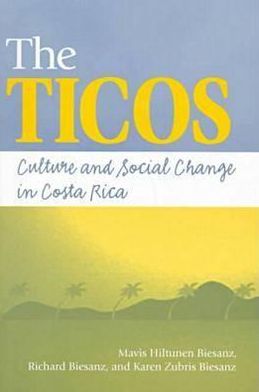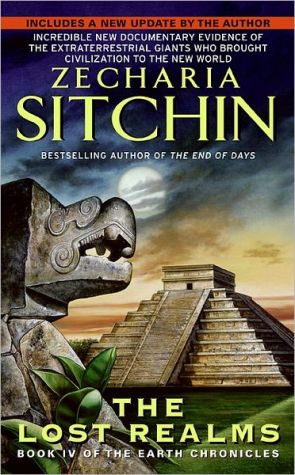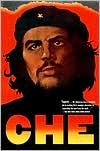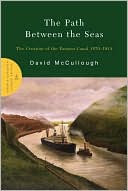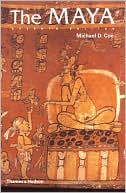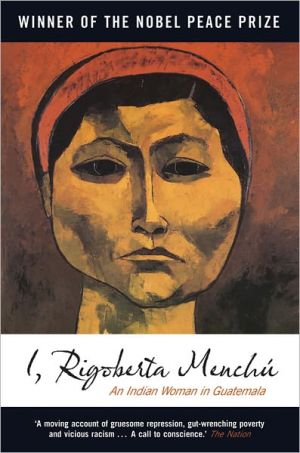The Ticos : Culture and Social Change in Costa Rica
Written with the perspective of more than a half-century of firsthand observation, this social and cultural history describes how Costa Rica's economy, government, educational and health-care systems, family structures, religion, and other institutions have evolved and how this evolution has affected - and reflected - people's daily lives, their beliefs, and their values. The authors are particularly concerned with change and continuity since the economic crisis of the early 1980s and the...
Search in google:
Written with the perspective of more than a half-century of firsthand observation, this social and cultural history describes how Costa Rica's economy, government, educational and health-care systems, family structures, religion, and other institutions have evolved and how this evolution has affected - and reflected - people's daily lives, their beliefs, and their values. The authors are particularly concerned with change and continuity since the economic crisis of the early 1980s and the structural adjustment that followed. Library Journal Costa Rica is unique among Latin American cultures. Ticos, as Costa Ricans call themselves, have a higher standard of living than their neighbors, with a higher literacy rate, a well-developed social security system, widespread access to electrical power, and a traditional system of education. Much more than a land of coffee and bananas, Costa Rica boasts more teachers than soldiers--it has even abolished its army. This book is divided into 11 chapters covering history, government and politics, the economy, the family, education, and religion. The authors draw on their experiences in the country, interviews with people from all walks of Costa Rican life, and secondary sources. The result is a solid monograph on Costa Rica that points out the contradictions in its perception by the rest of the world. The conclusions dwell on Costa Ricans' distrust of changes that await the country in future decades. Recommended for academic libraries and public libraries that collect in the history and culture of our neighbors to the South.--Boyd Childress, Auburn Univ. Lib., AL
List of IllustrationsPreface1The Land and the People12History133Economy394Government and Politics655Class and Ethnicity976Community1257Housing, Health, and Everyday Living1438The Family1679Education19910Religion22911Leisure25312Continuity and Change a la Tica281Selected Bibliography291Index293About the Book307
\ Library JournalCosta Rica is unique among Latin American cultures. Ticos, as Costa Ricans call themselves, have a higher standard of living than their neighbors, with a higher literacy rate, a well-developed social security system, widespread access to electrical power, and a traditional system of education. Much more than a land of coffee and bananas, Costa Rica boasts more teachers than soldiers--it has even abolished its army. This book is divided into 11 chapters covering history, government and politics, the economy, the family, education, and religion. The authors draw on their experiences in the country, interviews with people from all walks of Costa Rican life, and secondary sources. The result is a solid monograph on Costa Rica that points out the contradictions in its perception by the rest of the world. The conclusions dwell on Costa Ricans' distrust of changes that await the country in future decades. Recommended for academic libraries and public libraries that collect in the history and culture of our neighbors to the South.--Boyd Childress, Auburn Univ. Lib., AL\ \ \ \ \ BooknewsThe authors trace the evolution of Costa Rican culture and institutions from pre-Columbian times through the late 1990s. Particularly concerned with the change wrought by the economic crisis of the 1980s, they base their portrayal on interviews with Costa Ricans; observations of many facets--from coffee plantation work to the deliberations of the Legislature; and readings of journalists, essayists, poets, historians, and others. Annotation c. by Book News, Inc., Portland, Or.\ \
